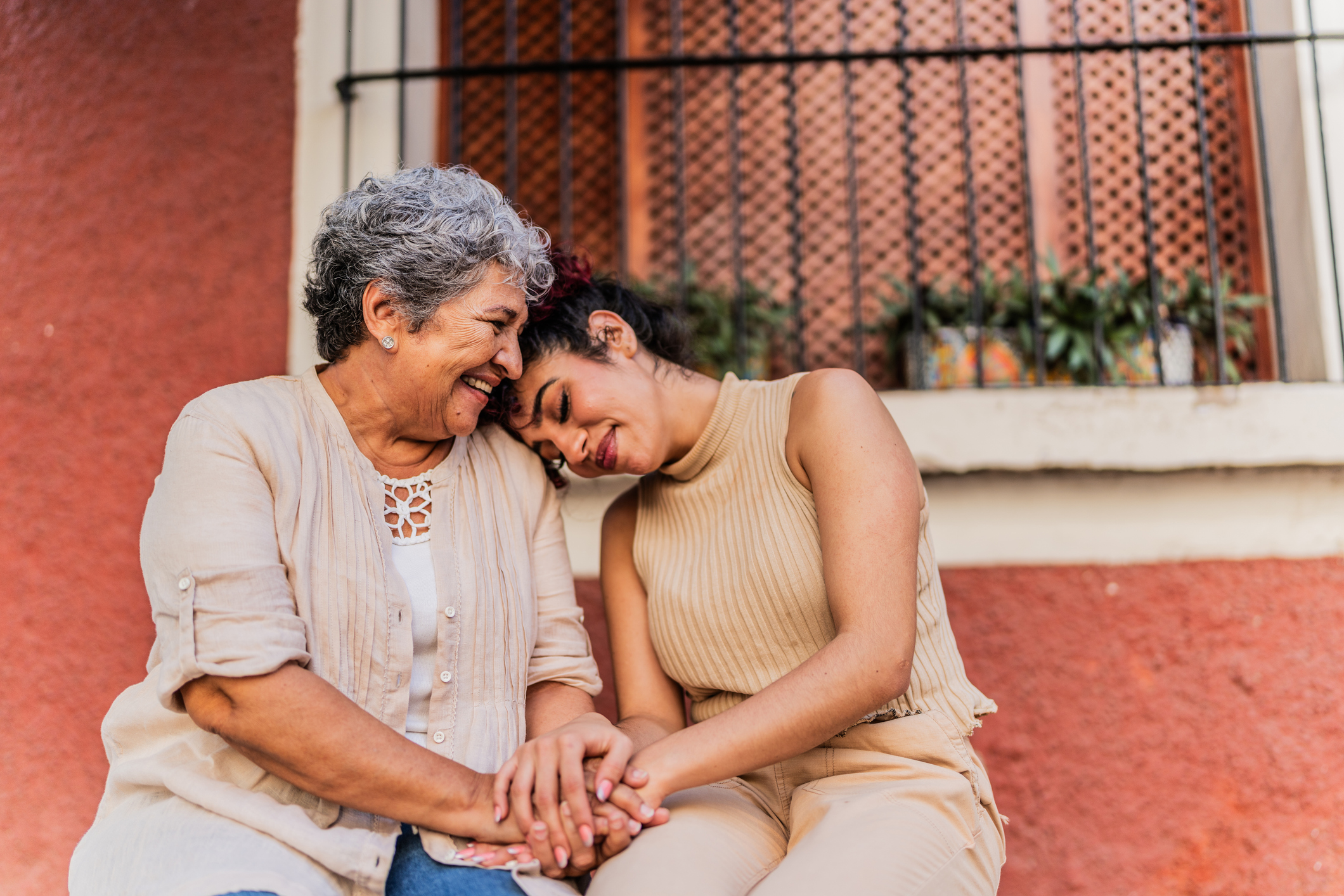practical healing
empowerment
mind and body
View All
Explore the Categories
WORK WITH ME
Becky Price, LCSW, is a compassionate therapist and healer who shares insights on emotional and physical healing, body grief, and personal growth through her blog.
Aging is Mostly a Privilege

One of the best parts about living in the Midwest is that we get very clear and stereotypical seasons. We see the leaves outside our windows turn from green to red to gold, then float to the ground. Branches are bare and the world looks brown, then slowly but surely, the branches breathe back to life again and flowers bloom. The color always comes back; the process always repeats itself. Mentally, it’s incredibly helpful–the seasons act as a built-in, natural reminder of how we as humans have to (get to) adapt the way in which we move through our days. When the sun begins to set earlier in the evening, we stay in and rest. In the summer when the days are long and bright, we spend more time in our communities, planting seeds both literally and metaphorically to carry us through the cold season approaching. This is nature. It’s expected, and even embraced–we love the warmth and color that summer brings, but we also love the cozyness and restfulness of winter.
As humans, we are living, breathing forces of nature, and just like the seasons, we too will experience change as we age. Changes due to aging in our bodies isn’t something to be afraid of or caught off guard by, it should be expected and embraced. It should be acceptable, but society tells us, particularly women, time and time again that our youth is to be prolonged and preserved.
Why is evolution and aging something we accept as a truth for the natural world around us but deny for ourselves? As if we are separate or exempt from it. I say that “aging is mostly a privilege” because aging is an evolution, and being alive is a privilege taken too soon from many people. Body Grief is inclusive of changes due to aging, and it’s something I hope we can learn to accept and even appreciate about ourselves.
Leave a Reply Cancel reply
Follow Along @griefintogoldllc
Take the First Step Today
Explore tools and insights to support your healing journey.